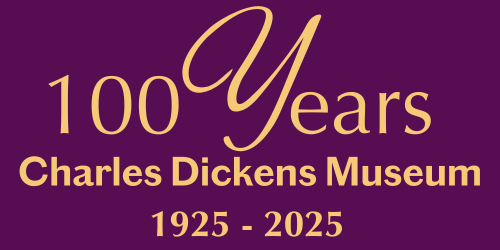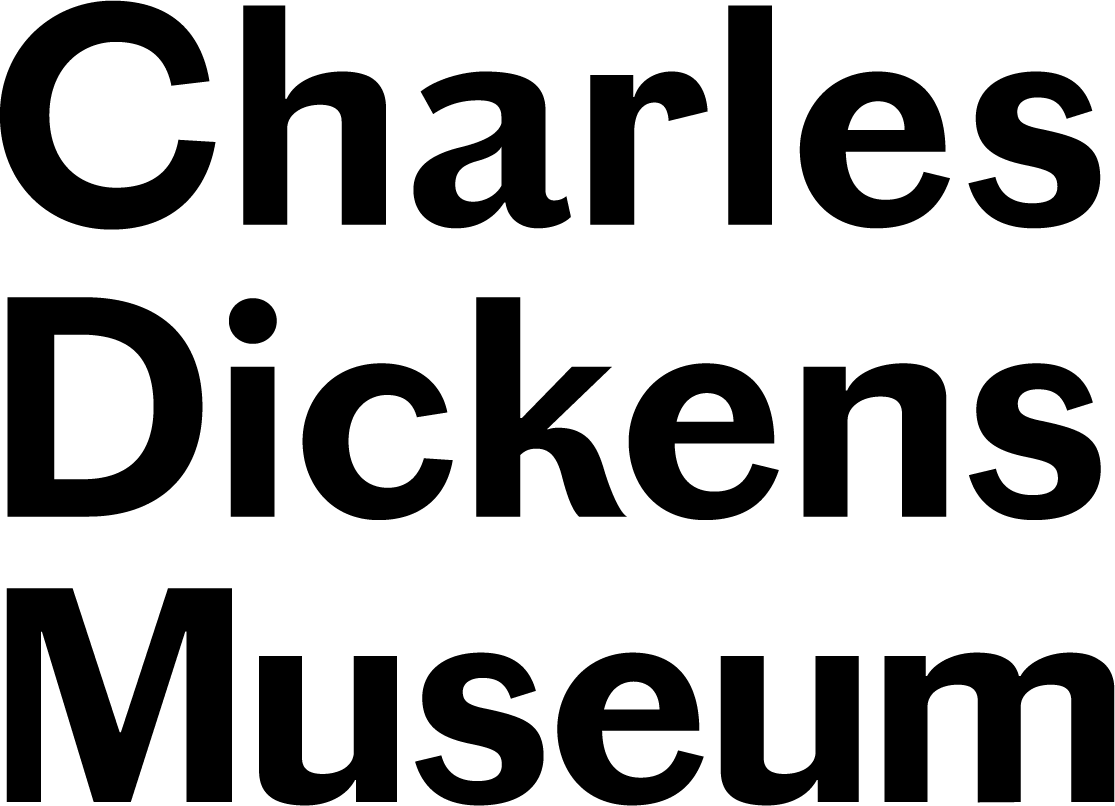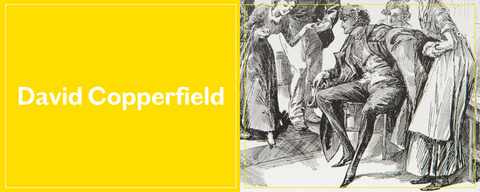Dickens, Smith & Pratt

James Pratt and John Smith were the last men to be executed in the UK for same sex relations, in 1835. They had been arrested after a neighbour claimed to have seen them acting 'inappropriately' while spying on them through a keyhole.
While imprisoned in Newgate Prison, they were seen by Charles Dickens, who was visiting as a journalist.
"their doom was sealed... they well knew that for them, there was no hope in this world."
Most of the other commentators at the time used phrases such as 'degraded' or 'debased' when referring to these men. But not Dickens. Instead, he focusses on the horror of their imprisonment, and their sense of despair at facing execution.
His phrase 'no hope in this world' is interesting, as it suggests that there may be hope for them in the next life. This was contrary to common belief at the time, that gay people were damned.
"his pale, haggard face and disordered hair... his cheek rested upon his hand... his eyes wildly staring before him..."
James Pratt and John Smith were hung on 27th November 1835. The crowds reportedly hissed at them as they walked towards the gallows.
Dickens's encounter with the two men is fascinating. Firstly, it gives us a harrowing glimpse into the last few days of the two men's lives, prior to their execution. But the fact that he chooses not to condemn the two men for their actions is very interesting too. It leaves a big question as to how ordinary people regarded homosexuality in 1830s. Were most people content to see gay people executed for their love, or was there more room for sympathy and, perhaps, even a touch of understanding?




